All Stories
-
 Quantum Physics
Quantum PhysicsTaming photons, electrons paves way for quantum internet
Scientists are gearing up to create supersecure global quantum networks.
-
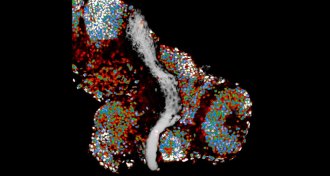 Neuroscience
NeuroscienceBrain’s physical structure may help guide its wiring
The brain’s stiffness helps dictate how nerve cells grow, a study suggests.
-
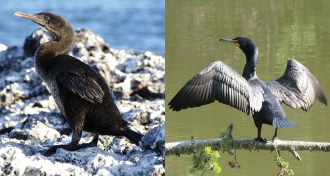 Genetics
GeneticsTo study Galápagos cormorants, a geneticist gets creative
To collect DNA from four cormorant species, this scientist called in bird scientists far and wide.
-
 Health & Medicine
Health & MedicineMixing Pokémon Go and driving isn’t safe
Pokémon Go alters reality to driver’s detriment, a new study finds.
-
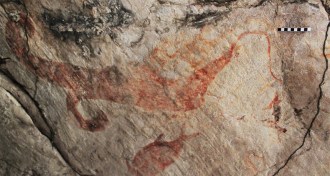 Archaeology
ArchaeologyPainting claimed to be among Australia’s oldest known rock art
A painting on a cave’s ceiling may be one of Australia’s earliest examples of rock art, according to researchers who used an ancient wasps’ nest to date the art.
By Bruce Bower -
 Oceans
OceansFirst U.S. ocean monument named in the Atlantic
A region of ocean off the coast of Cape Cod has become the first U.S. marine national monument in the Atlantic Ocean, President Barack Obama announced.
-
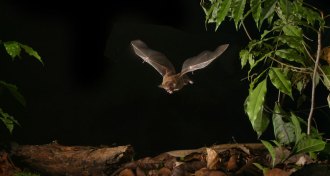 Animals
AnimalsFrog-hunting bats have ‘cocktail party effect’ workaround
Test with robotic frogs finds bats that hunt amphibians switch their attention to other clues if outside noise masks the mating chorus.
By Susan Milius -
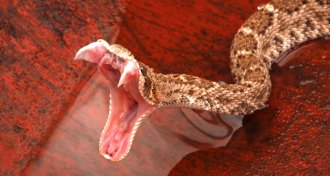 Life
LifeRattlesnakes have reduced their repertoire of venoms
The most recent common ancestor of today’s rattlesnakes had a huge set of toxin-producing genes. Modern rattlesnake species have independently ditched some of these genes.
-
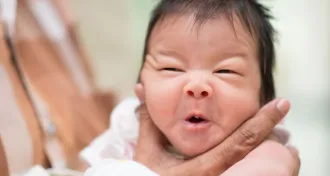 Health & Medicine
Health & MedicineMaybe you don’t need to burp your baby
Everybody does it. But burping babies after a meal may not cut down on crying or spit-ups, a study suggests.
-
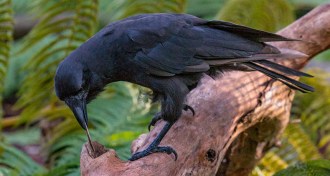 Animals
AnimalsHawaiian crows ace tool-user test
The almost-extinct Hawaiian crow joins the small, select flock of birds shown to use sticks tools routinely and well to wiggle bits of food out of crevices.
By Susan Milius -
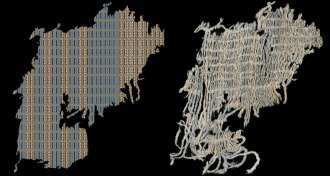 Archaeology
ArchaeologyOldest indigo-dyed fabric found
South American society was first known to use complex dye process on fabrics.
By Bruce Bower -
 Life
LifeColor vision strategy defies textbook picture
Cone cells in the retina see in black and white and color.